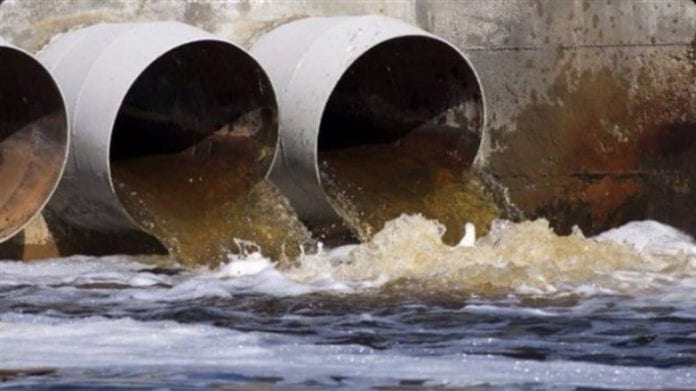Work is due to begin soon on the Spiddal Sewerage Scheme which will involve the construction of a new wastewater treatment plant for the Connemara village.
Irish Water is investing €4 million in the new wastewater treatment plant and associated infrastructure, which is meant to cut down on the discharge of untreated sewage into Galway Bay.
Construction work on the plant is expected to get underway in a matter of weeks, with a view towards being completed by early 2024.
Spiddal has frequently been listed by the Environmental Protection Agency as a problem location for the dumping untreated waste, in contravention of EU regulations.
Patrick Greene from Irish Water said that the new plant will stop the equivalent of 600 wheelie bins worth of raw, untreated sewage being dumped into Galway Bay each day.
The new treatment plant will be designed to serve a population of approximately 1,000 people, in order to allow for growth in the area.
“We are looking forward to delivering this important project on behalf of the local community in Spiddal.”
“All new infrastructure has been sized to accommodate future population growth and the project will enhance the local environment and provide a platform for social and economic development of the area well into the future.”
The project will also protect recreational waters for swimming, surfing, fishing, boating and sightseeing, as well as protecting the integrity of the local marine environment.
Coffey Water Limited has been selected as the contractor for this project by Irish Water.
“We look forward to working with the local community to deliver this essential project in conjunction with our partners Galway County Council and Coffey Water Limited and eliminating the discharge of untreated wastewater into Galway Bay,” Patrick Greene said.
The location of the planned treatment plant, next to the craft village in Spiddal, proved controversial with many locals, who expressed health and environmental concerns.
The county council’s decision to grant planning permission for the sewerage scheme back in October of 2018 was appealed to An Bord Pleanála, which upheld the council’s decision.












